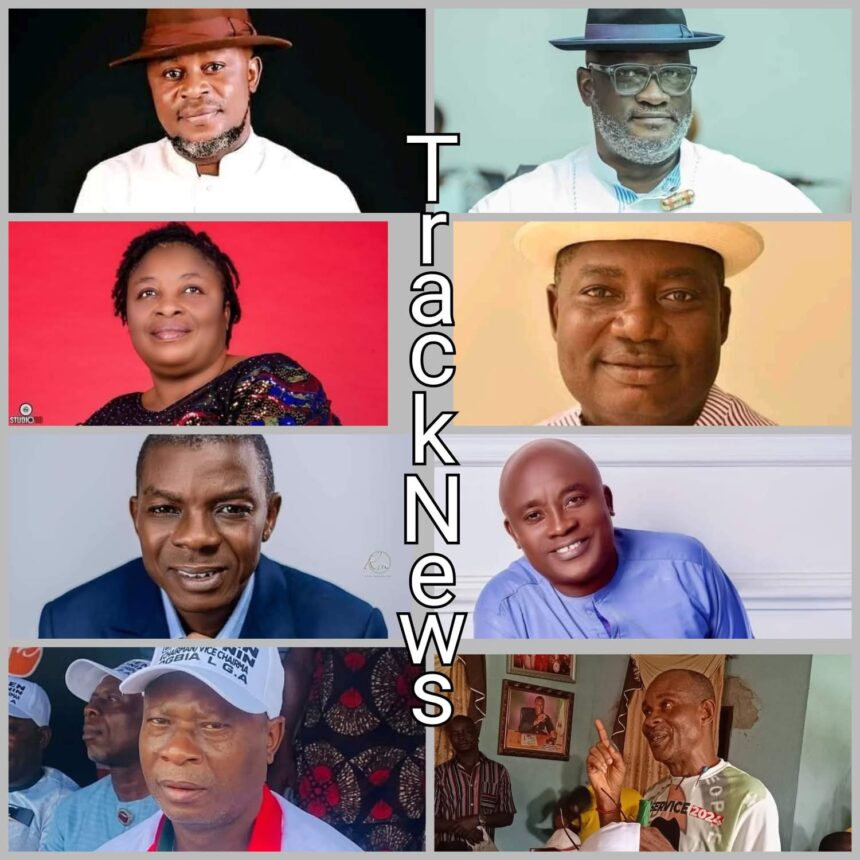By TrackNews Political Desk
Bayelsa State—created on October 1, 1996, by the then-military administration of General Sani Abacha—continues to receive significant monthly allocations from the Federation Account, alongside various federal intervention funds.
As one of Nigeria’s oil-producing states, Bayelsa is strategically positioned for robust grassroots development, particularly through effective and transparent governance at the local level.
The state comprises eight constitutionally recognized local government areas: Yenagoa, Southern Ijaw, Ekeremor, Sagbama, Ogbia, Brass, Kolokuma/Opokuma, and Nembe. Given their proximity to the people, local government chairmen are expected to lead the charge in infrastructure development, human capital investment, healthcare delivery, and local security initiatives.
In the past, Bayelsa has witnessed strong leadership at the grassroots level. In Southern Ijaw, for instance, former chairman Hon. Nigeria Kia was widely applauded for his performance, earning the nickname “Mr. Project” due to the numerous infrastructure projects executed under his watch. Similarly, in Yenagoa, Hon. Oforji Ogboku—now representing Yenagoa/Kolokuma-Opokuma Federal Constituency in the House of Representatives—left behind a record of tangible development and job creation initiatives that significantly impacted local livelihoods.
Today, however, public sentiment tells a different story.
One year into the tenure of the current local government chairmen, there is growing concern among residents and stakeholders over what many describe as a disappointing lack of progress. Investigations conducted by TrackNews reveal that across all eight local government areas, there is a conspicuous absence of visible developmental projects. This perceived underperformance has sparked widespread criticism and frustration among citizens.
The situation is particularly concerning in light of Governor Douye Diri’s consistent assurances that his administration does not tamper with local government funds. The governor has reiterated on several occasions that local councils retain full control over their statutory allocations and are empowered to implement development independently.
This revelation has only intensified public scrutiny. Civil society organizations, community leaders, and concerned residents are increasingly calling for transparency and accountability from their local council executives. There is a growing demand for the chairmen to publish detailed records of how public funds have been utilized and to explain the apparent gap between resources received and results delivered.
As the second year of their administration begins, the chairmen face mounting pressure to deliver on their mandates. The expectations are clear: residents want to see real, measurable progress—roads constructed, schools rehabilitated, health centers equipped, and youth empowerment programs launched. Anything short of this will further erode public trust in local governance.
Unless urgent and strategic steps are taken to address the current development vacuum, the credibility of the local government system in Bayelsa State may continue to decline.
The people are watching, and the time to act is now.
—TrackNews Nigeria, Political Affairs Unit.





